Log in and enrol
Essential radiochemistry for society
Essential radiochemistry for society
How much radiochemistry is involved in everyday life and human activities
nuclear
Course description
The MOOC “Essential Radiochemistry for Society” was born within the European project MEET-CINCH: A Modular European Education and Training Concept In Nuclear and radioCHemistry (2017-2020) to engage people discovering an unknown discipline and convey them its fascination and relevance.
The course is addressed to Bachelor students in chemistry, physics, engineering and in general scientific areas, who are interested in realising the involvement of Nuclear- and Radiochemistry in everyday life and understanding the advantages it could introduce. Indeed, Nuclear- and Radiochemistry is certainly needed in addressing many of the current societal challenges related to health, clean energy and food. Within nuclear medicine, diagnostic tools such as PET and SPECT imaging as well as radiotherapy heavily rely on radiochemistry for preparing radionuclide loaded biomarkers or cancer-seeking molecules. Food safety relies on the capability of Nuclear- and Radiochemistry to assess the presence of artificial or natural radionuclides entering the food chain due to anthropogenic activities. To contrast the global climate change, nuclear energy could play a role in the future energy production mix as a low carbon emission technology. Nuclear techniques are fruitfully employed in nuclear forensics for guaranteeing the safety of civil society and also in archaeology for the study, conservation and restoration of cultural heritage.
Thanks to the course, students will be aware of the beneficial impact of Nuclear Chemistry and Radiochemistry on our society, and how the scientific community has been developing sustainable technological solutions to safely manage nuclear materials.
The course is also addressed to everyone interested in understanding why Nuclear Chemistry and Radiochemistry is so important and so present in everyday life: lessons 1, 2, 3 of each module explore the topics thanks to a specific format and using a plane language.
Total workload of the course: 25 hours
This MOOC is provided by Politecnico di Milano.
This project has received funding from the Euratom research and training programme 2014–2018 under grant agreement No. 754 972.
Intended Learning Outcomes
By actively participating in this MOOC, you will be able to:
- Distinguish the difference between natural radioactivity and radioactivity from anthropogenic activities – ESCO: inorganic chemistry
- Explain what environmental remediation is – ESCO: decontamination methods, sterilization techniques
- Explain the radiation process – ESCO: radiochemistry ESCO: nuclear physics
- Distinguish among the different types of ionizing radiation – ESCO: nuclear physics
- List different applications of radiations in medicine, sterilization, and tracer technologies – ESCO: nuclear medicine; ESCO: application of radioactive substances in diagnosis and treatment
- Explain the role of radiochemistry for nuclear energy and the consequent reprocessing of spent fuel, confinement and waste management, decommissioning of nuclear facilities – ESCO: nuclear energy
- Describe the use of radiochemistry in particular fields: archaeology, nuclear forensic – ESCO: radiochemistry
Prerequisites
Scientific background knowledge deriving from high school and higher education, in particular on chemistry, physics and math – Scientific critical consciousness.
Activities
Over and above consulting the content, in the form of videos and other web-based resources, you will have the opportunity to discuss course topics and to share ideas with your peers in the Forum of this MOOC. The forum of this MOOC is freely accessible and participation is not guided; you can use it to compare yourself with other participants, or to discuss course contents with them.
Section outline
-
-
-
-
-
-
-
-
-
Bibliography Page
-
Assessment
Your final grade for the course will be based on the results of your answers to the assessed quizzes. You have an unlimited number of attempts at each quiz, but you must wait 15 minutes before you can try again. You will have successfully completed the course if you score 60% (or higher) in each one of the assessed quizzes. The maximum score possible for each quiz is given at the beginning of the quiz. You can view your score in the quiz on your last attempt or on the 'Grades' page.
Certificate
You can achieve a certificate in the form of an Open Badge for this course if you reach at least 60% of the total score in each one of the assessed quizzes and fill in the final survey.
Once you have completed the required tasks, you will be able to access ‘Get the Open Badge’ and start issuing the badge. Instructions on how to access the badge will be sent to your e-mail address.
The Badge does not confer any academic credit, grade or degree.
Information about fees and access to materials
You can access the course absolutely free of charge and completely online.
Course faculty
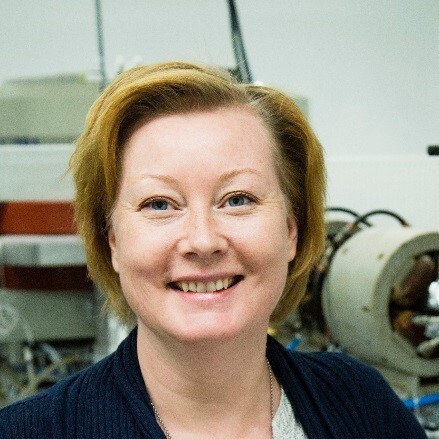
Anu J. Airaksinen
Teacher
Anu J. Airaksinen (Ph.D.) is Associate professor in Radiopharmaceutical Chemistry at Turku PET Centre, University of Turku, Finland and Adjunct professor in Radiochemistry at Department of Chemistry, University of Helsinki. She teaches radiopharmaceutical chemistry for master students in chemistry and in biomedical sciences. Prof. Airaksinen’s main research interest is to develop new radiosynthetic methods and radiopharmaceuticals for positron emission tomography (PET) and theranostics.

Sudeep Das
Teacher
Sudeep Das is a postdoctoral researcher at the University of Helsinki and prepares teaching content for the CINCH project with primary focus on Nuclear Medicine. He coordinates the activities of Helsinki Animal Imaging Platform (HAIP) and manages research services provided by the radiochemistry unit at University of Helsinki.
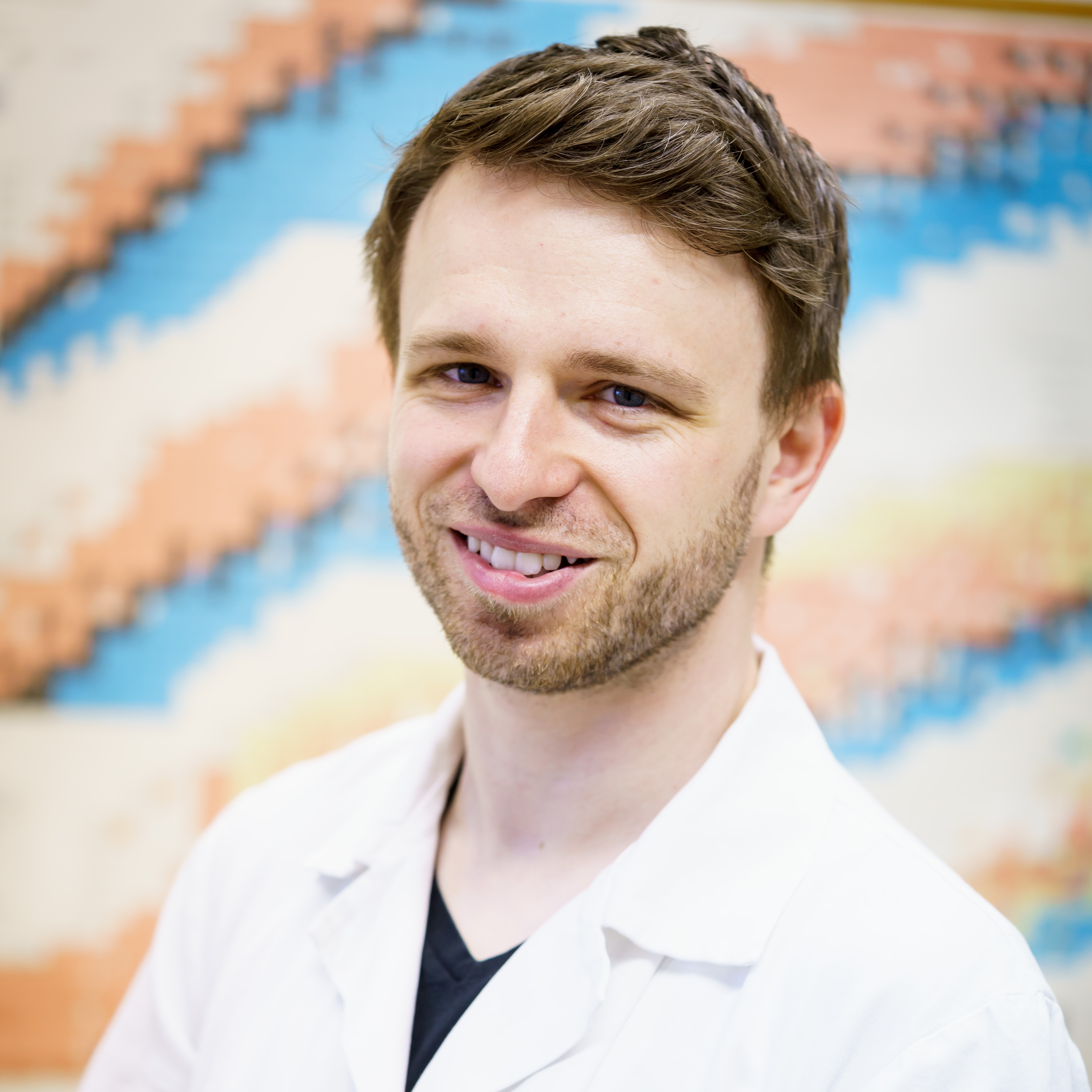
Petr Distler
Teacher
Petr Distler works at the Department of Nuclear Chemistry at the Czech Technical University in Prague, Czech Republic. He received his Ph.D. degrees in Nuclear Chemistry from the Czech Technical University, and in Didactics of Chemistry from Charles University. Today, he is dealing with spent nuclear fuel reprocessing, namely with separation of minor actinoids from lanthanoids. You can reach him on Facebook.
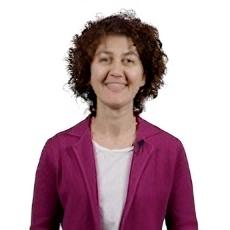
Elena Macerata
Teacher
Elena Macerata studied nuclear engineering at Politecnico di Milano (POLIMI). In 2008, she earned her doctorate in Radiation Science and Technology on the study of hydrometallurgical processes for the partitioning of minor actinides from spent nuclear fuel. Today, she is a senior researcher in the Radiochemistry and Radiation Chemistry Laboratory of the Department of Energy at POLIMI. Her research work is mainly focused on the development of hydrometallurgical processes for the advanced reprocessing of spent fuel, the study of radiolytic degradation phenomena in different systems and the study of chemical compatibility issues for Generation IV reactors.
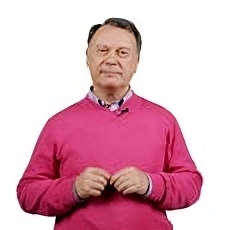
Mario Mariani
Teacher
Mario Mariani studied chemistry at Università degli Studi in Pavia. In 1989, he earned his doctorate in Chemical Science. Today, he is full professor at POLIMI and Head of Radiochemistry and Radiation Chemistry Laboratory at the Department of Energy. Lecturer of MSc course Applied Radiochemistry and courses for PhD in Energy and Nuclear Science and Technology. His research activities are in the fields of nuclear and radiochemistry, radiation chemistry and nuclear decommissioning.
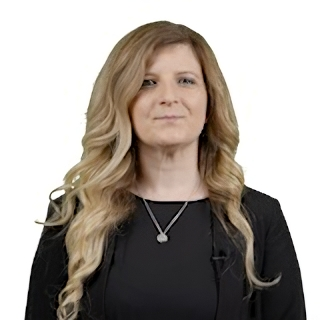
Maddalena Negrin
Teacher
Maddalena Negrin studied nuclear engineering at Politecnico di Milano (POLIMI). In 2018, she earned her doctorate in Nuclear Science and Technology on the study of the effects of ionizing radiation on aliphatic polymers to efficiently affect their biodegradability. Today she is a Postdoctoral Researcher in the Radiochemistry and Radiation Chemistry Laboratory of the Department of Energy at POLIMI. Her research activities, other than polymer radiation chemistry, include studies on the fuel-coolant chemical interaction in innovative Generation IV nuclear reactors, chemical dosimetry and innovative didactical tools in the nuclear and radiochemistry area.
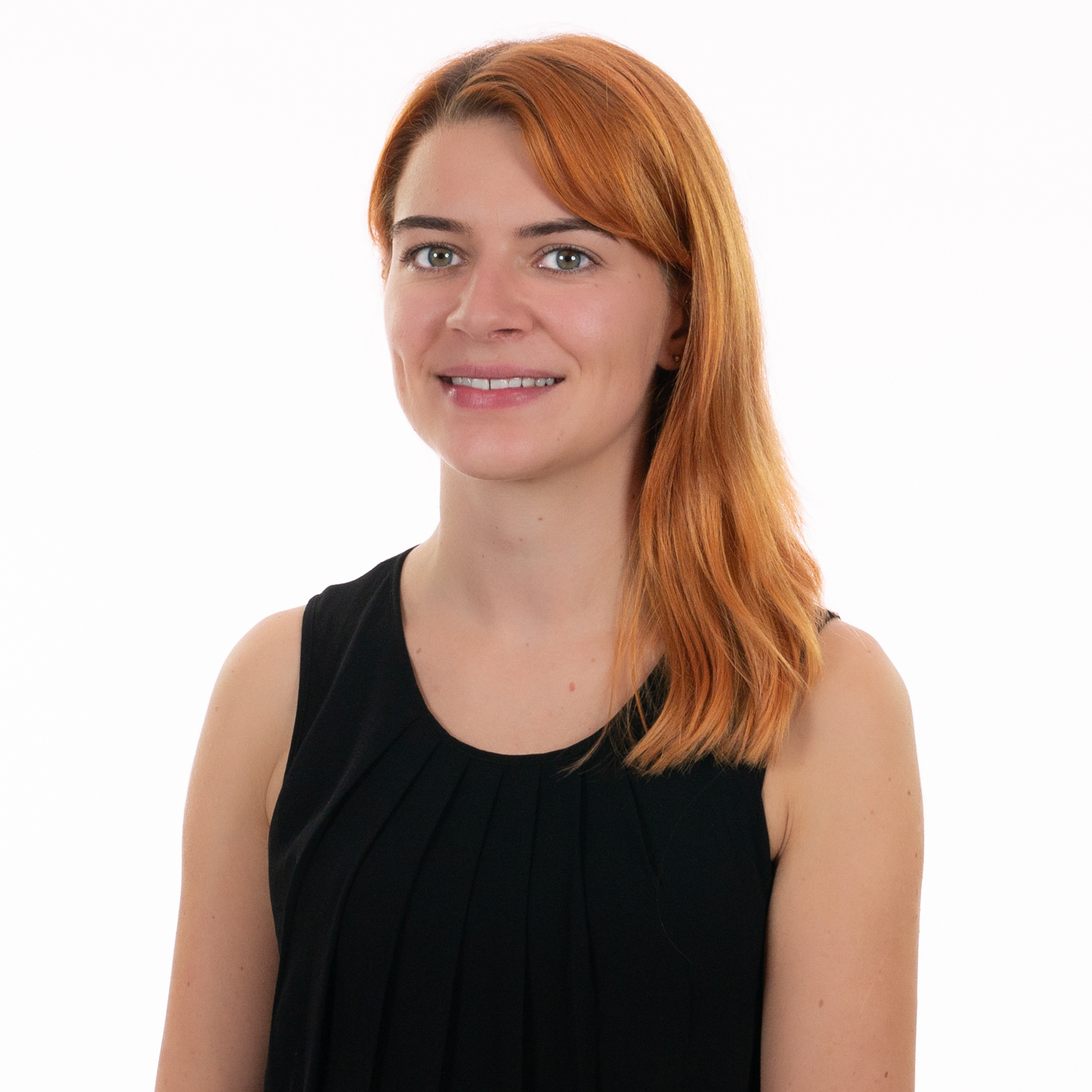
Vivien Pottgießer
Teacher
Vivien Pottgießer studied Chemistry at the Georg-August-Universität Göttingen. During her Master in Analytics at Leibniz University Hannover she specialized in the field of Radiochemistry and Radioecology and wrote her Master thesis at the Institute of Radioecology and Radiation Protection (IRS). Afterwards she investigated the remediation of Uranium mining legacies.
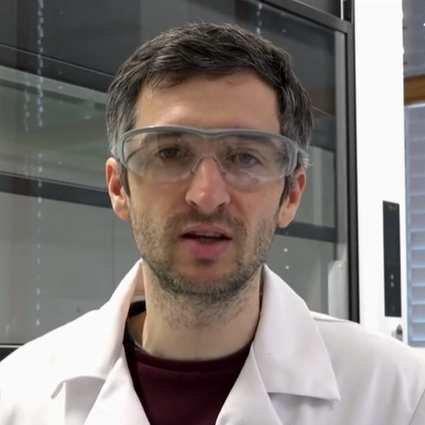
Marko Štrok
Teacher
Marko Štrok, PhD, is heading Radiochemistry Laboratory at the Department of Environmental Sciences of the Jožef Stefan Institute in Slovenia. His research focus is in analytical radiochemistry, environmental radioactivity and radioactive waste management.
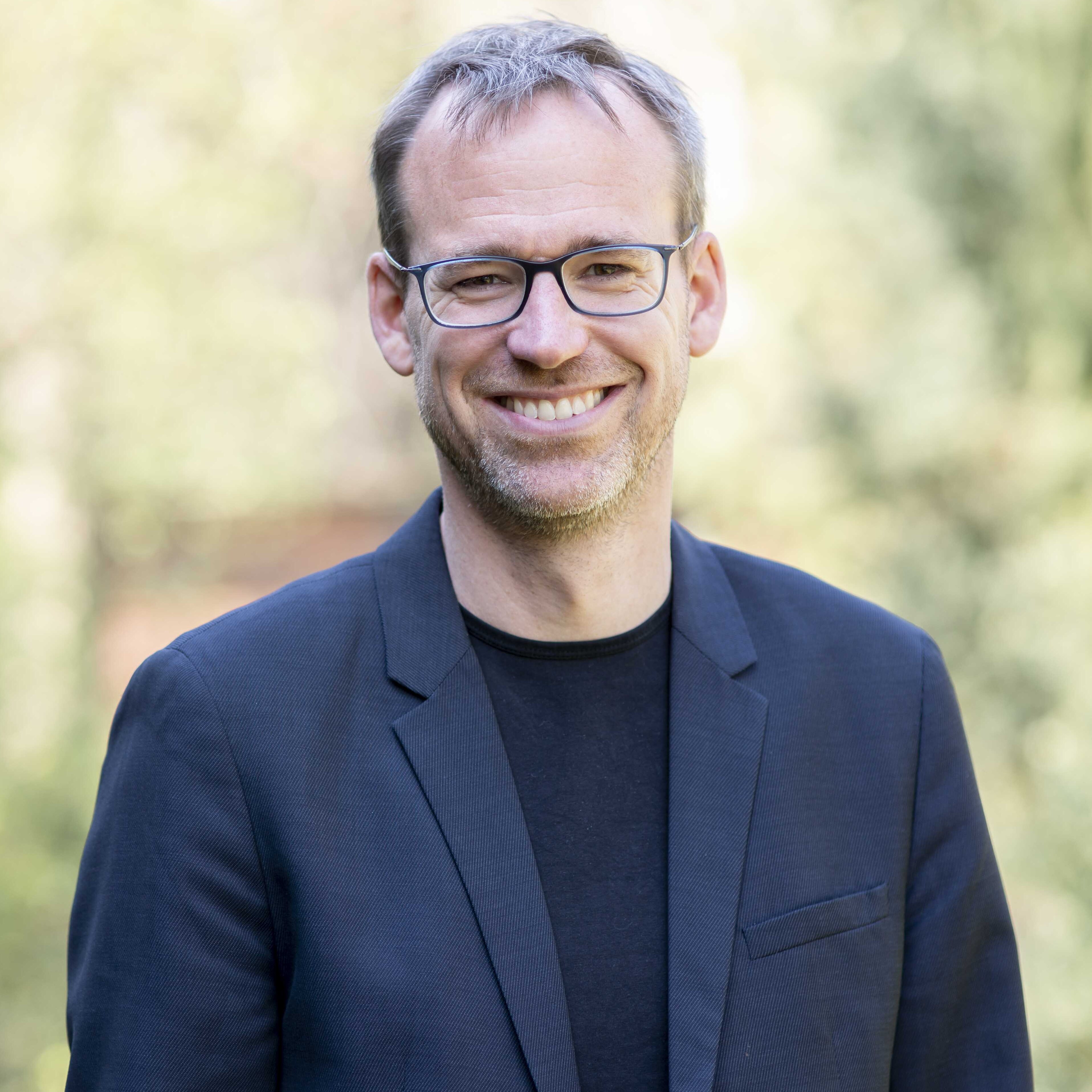
Jan-Willem Vahlbruch
Teacher
Jan-Willem Vahlbruch studied mathematics and physics at the Leibniz University Hannover (LUH). In 2004, he earned his doctorate in physics on the behavior of natural radionuclides in terrestrial ecosystems and on the realistic estimate of the radiation exposure due to natural radionuclides in Northern Germany. Today, he is the responsible radiation expert for LUH and head of the radiation protection courses organized by the Institute for Radioecology and Radiation Protection (IRS) at LUH. Additionally, he is a member of the board of “Qualitätsverbund Strahlenschutzkursstätten (QSK)” and head of the expert group “Training and Education” of the German-Swiss Radiation Protection Association (Fachverband für Strahlenschutz).
Contact details
If you have any enquiries about the course or if you need technical assistance please contact pok@polimi.it. For further information, see FAQ page.
